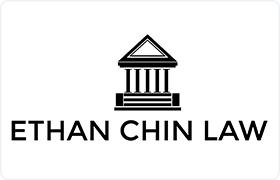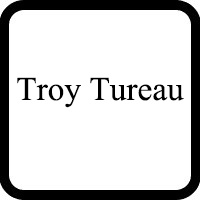Twentynine Palms Bankruptcy & Debt Lawyer, California
Sponsored Law Firm
-
 x
x

Click For More Info:
-
Ethan Chin Law
2400 East Katella Ave. Suite 800 Anaheim, CA 92806» view mapBankruptcy & Debt Passion. Dedication. Care.
We strive our best to provide efficient legal services at low cost so that families can worry less and take their first steps finding a solution to their issues.
800-908-6270
Troy Anthony Tureau
✓ VERIFIEDImmigration, Trusts, Social Security -- Disability, Dissolution, Wills & Probate
Jenny Doling
Litigation, International Tax, Business, Bankruptcy, Bankruptcy & Debt
Status: In Good Standing Licensed: 24 Years
Timothy Bryan Liebaert
Construction, Wills & Probate, Business, Consumer Bankruptcy
Status: In Good Standing
Philip Saul Klatchko
Estate Planning, Bankruptcy, Construction, Contract, Elder Law
Status: In Good Standing Licensed: 50 Years
Joseph Anthony Roman
Employee Rights, Corporate, Credit & Debt
Status: In Good Standing Licensed: 44 Years
Eric Joseph Guinan
Civil Rights, Contract, Credit & Debt, Personal Injury
Status: In Good Standing Licensed: 30 Years
Harold Christopher Heritage
Wills, Trusts, Family Law, Bankruptcy
Status: In Good Standing Licensed: 27 Years
Annette Louise Isaac
Estate Planning, Family Law, Business & Trade, Commercial Bankruptcy
Status: In Good Standing Licensed: 24 Years
Douglas Michael Kaye
Real Estate, Collection, Bankruptcy & Debt
Status: In Good Standing Licensed: 36 Years
Augusta Marie Burney
Bankruptcy, Business & Trade, Commercial Real Estate
Status: Inactive Licensed: 24 Years
 Ethan Chin Anaheim, CA
Ethan Chin Anaheim, CA Practice AreasExpertise
Practice AreasExpertise

